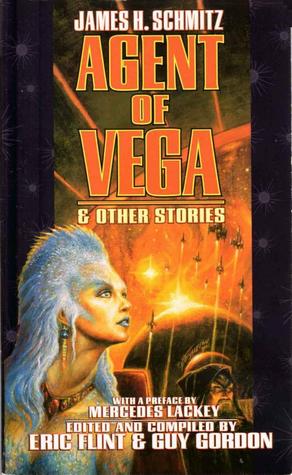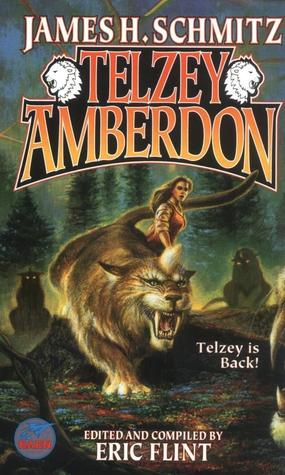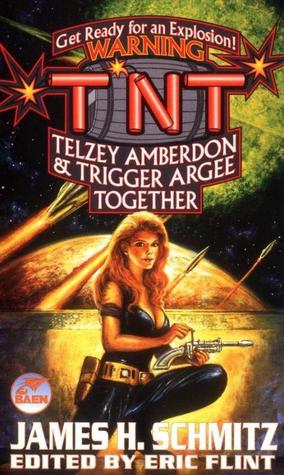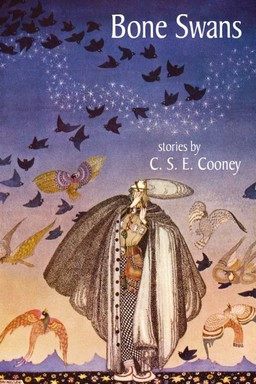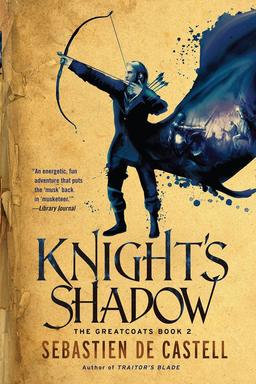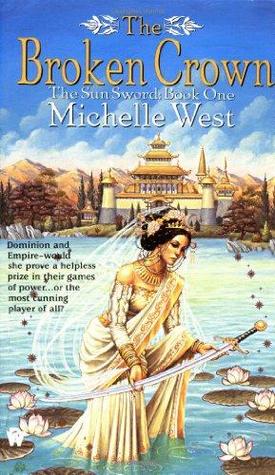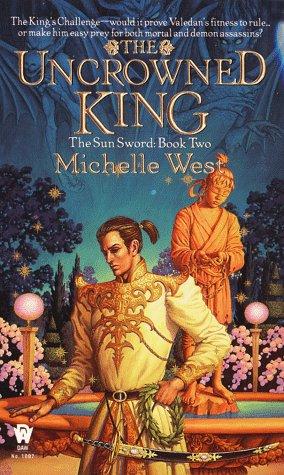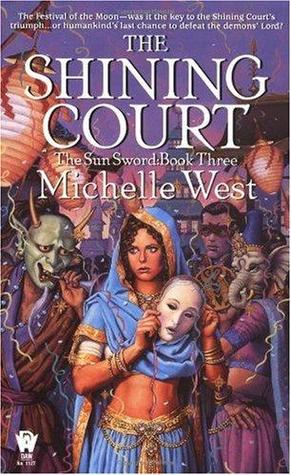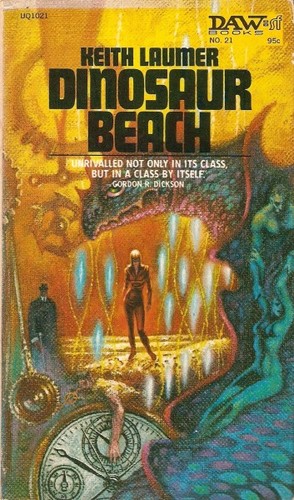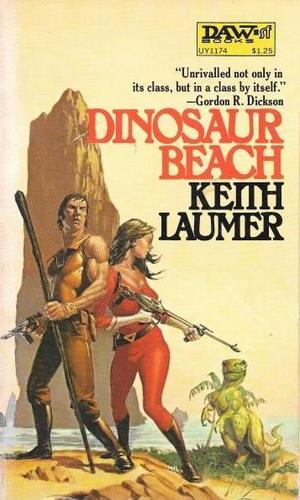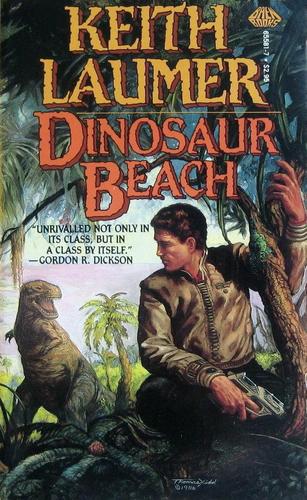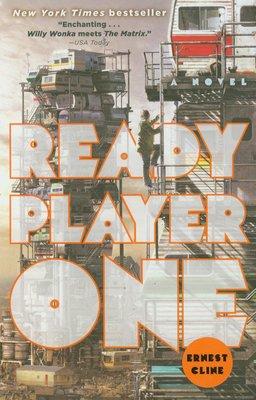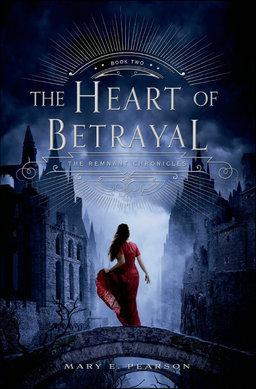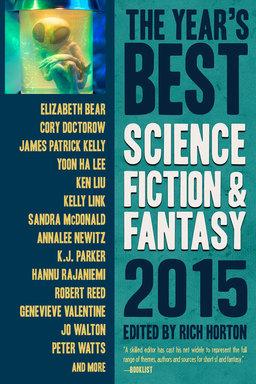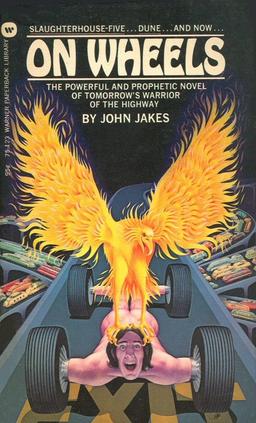 John Jakes is a publishing phenomenon. That is always the first thing mentioned whenever he is written about and will doubtless be the first line of his obituary (not that I’m trying to hurry him). From 1974 through 1979 he produced the eight volumes of The Kent Family Chronicles, which follow the fortunes of an American family from revolutionary times through the end of the nineteenth century. The series has sold over 50 million copies and is still in print, and Jakes followed it with the even more successful North and South trilogy. Appearing from 1982 to 1987 and set in the Civil War era, it tells the story of two closely connected families, the Hazards and the Mains, one from Pennsylvania and the other from South Carolina, as they live through the country’s greatest conflict.
John Jakes is a publishing phenomenon. That is always the first thing mentioned whenever he is written about and will doubtless be the first line of his obituary (not that I’m trying to hurry him). From 1974 through 1979 he produced the eight volumes of The Kent Family Chronicles, which follow the fortunes of an American family from revolutionary times through the end of the nineteenth century. The series has sold over 50 million copies and is still in print, and Jakes followed it with the even more successful North and South trilogy. Appearing from 1982 to 1987 and set in the Civil War era, it tells the story of two closely connected families, the Hazards and the Mains, one from Pennsylvania and the other from South Carolina, as they live through the country’s greatest conflict.
In the succeeding years Jakes has written other books of the same stripe, and while none have generated the huge numbers that either earlier series did, he is still one of America’s most popular authors. He is the reigning master of the American historical blockbuster; his historicals are straightforward, thoroughly researched, expansive in scope (and in page count), and unashamedly, old-fashionedly melodramatic. They are the sort of stories that used to be called “lusty.” Tolstoy they ain’t (and Jakes has never claimed that they are), but they are solid, well-constructed entertainments that deserve their wide success.
But before he became the writer of a New York Times number one bestseller (a distinction earned by North and South, the first volume of the trilogy that bears its name), John Jakes spent his time cranking out yarns about a Conan clone named Brak the Barbarian, and one-off heroic fantasies like The Last Magicians and the humorous Mention My Name in Atlantis, as well as science fiction novels such as the Westworld-flavored Six-Gun Planet (three years before Westworld). None of these books ever made the New York Times bestseller list. Once he glimpsed those green (and I mean green) pastures, Jakes understandably left such low-paying, low-prestige science fiction and fantasy work behind, seemingly forever — he wrote his last fantastic fiction in 1973.
Was his exit from the ranks of the genre any loss? Is there anything to be found in the pre-respectability John Jakes but slapdash schlock? Is any of it still worth reading? Well, brothers and sisters, that’s what I’m here to tell you! And yes, that means that there are spoilers galore in the following review of a forty two year old book. Sue me.
…
Read More Read More
